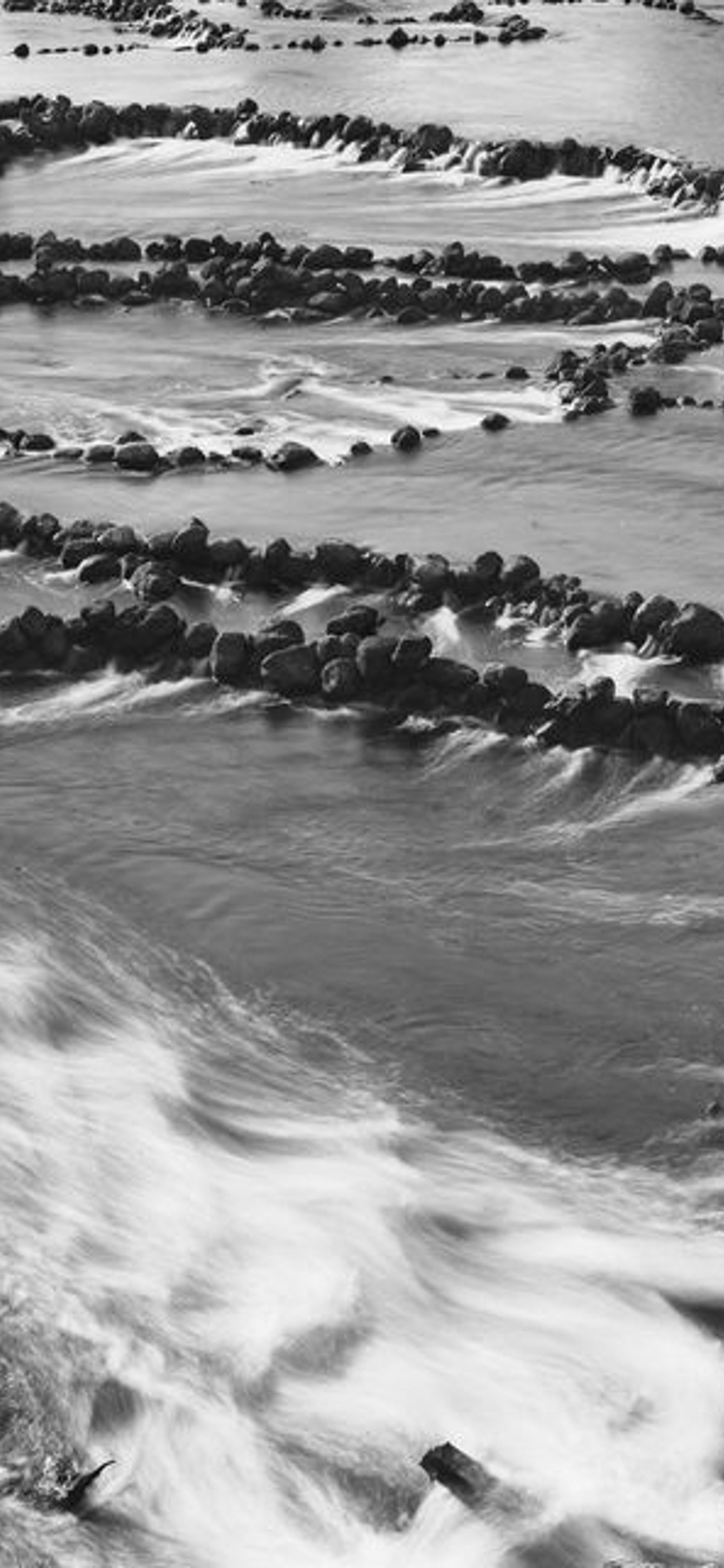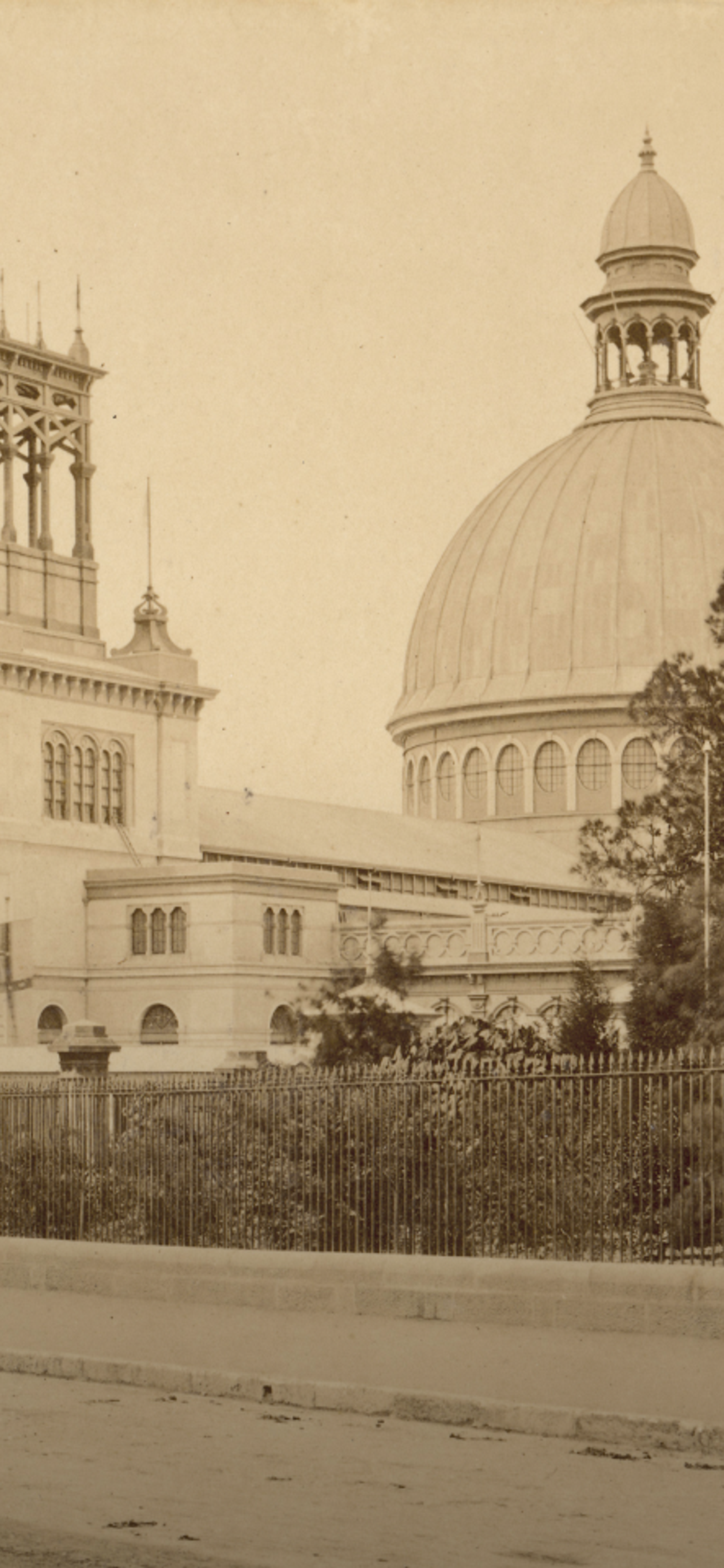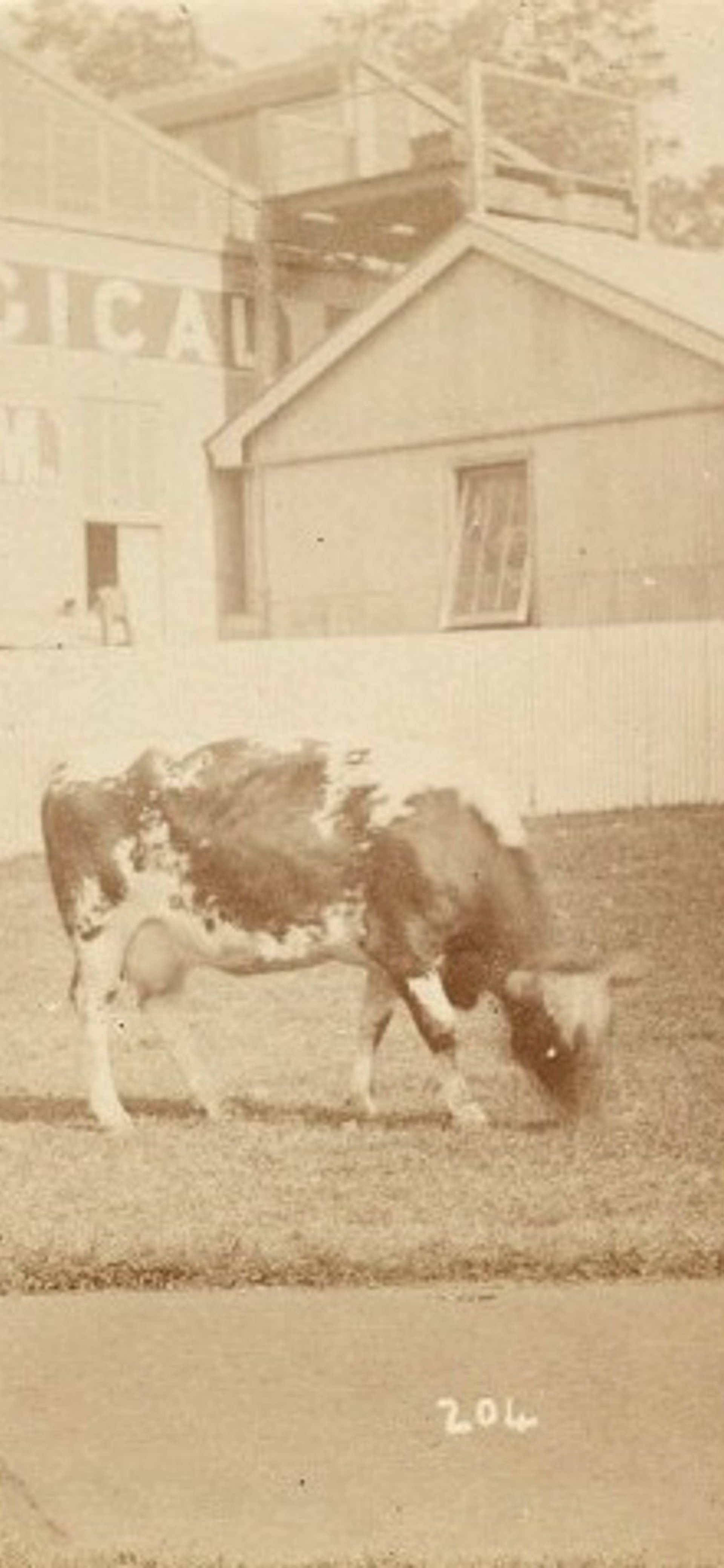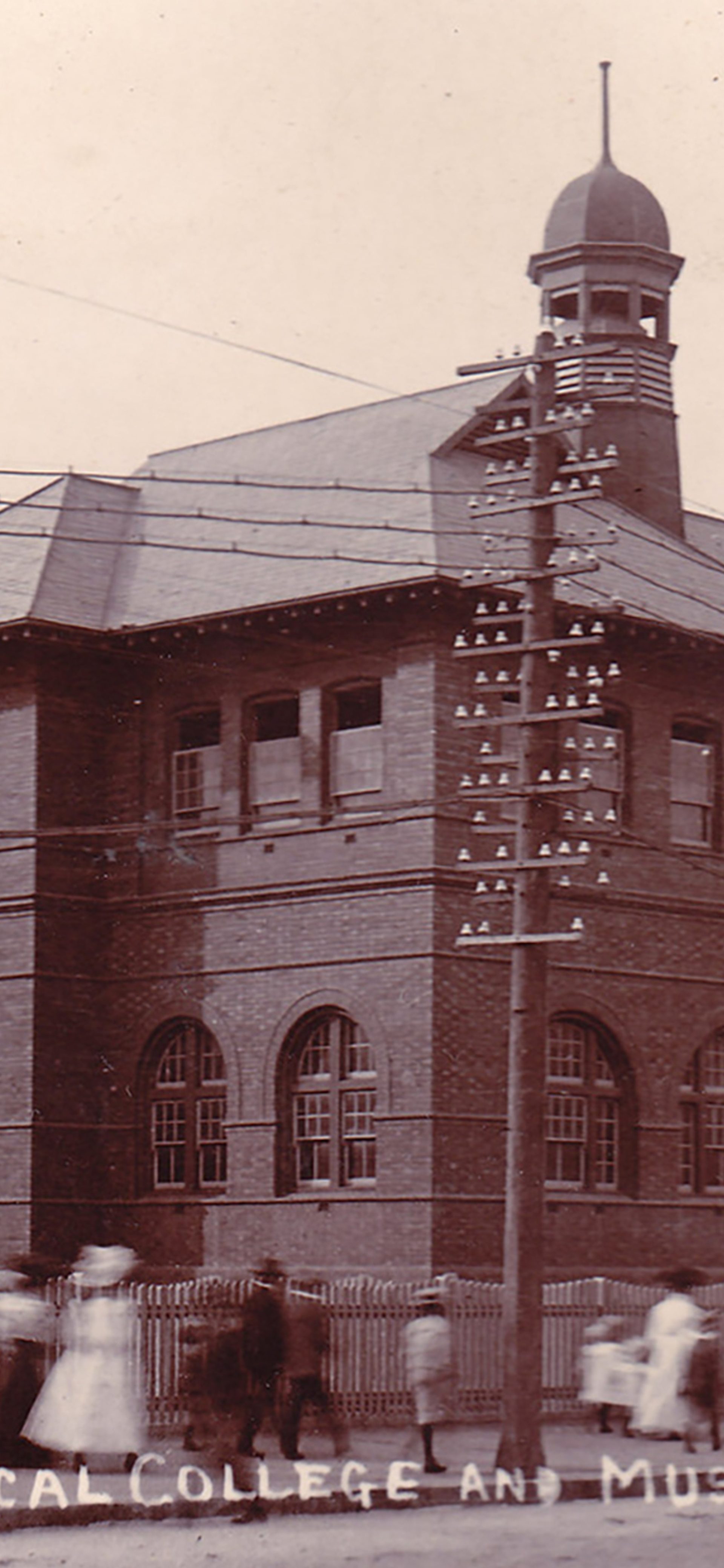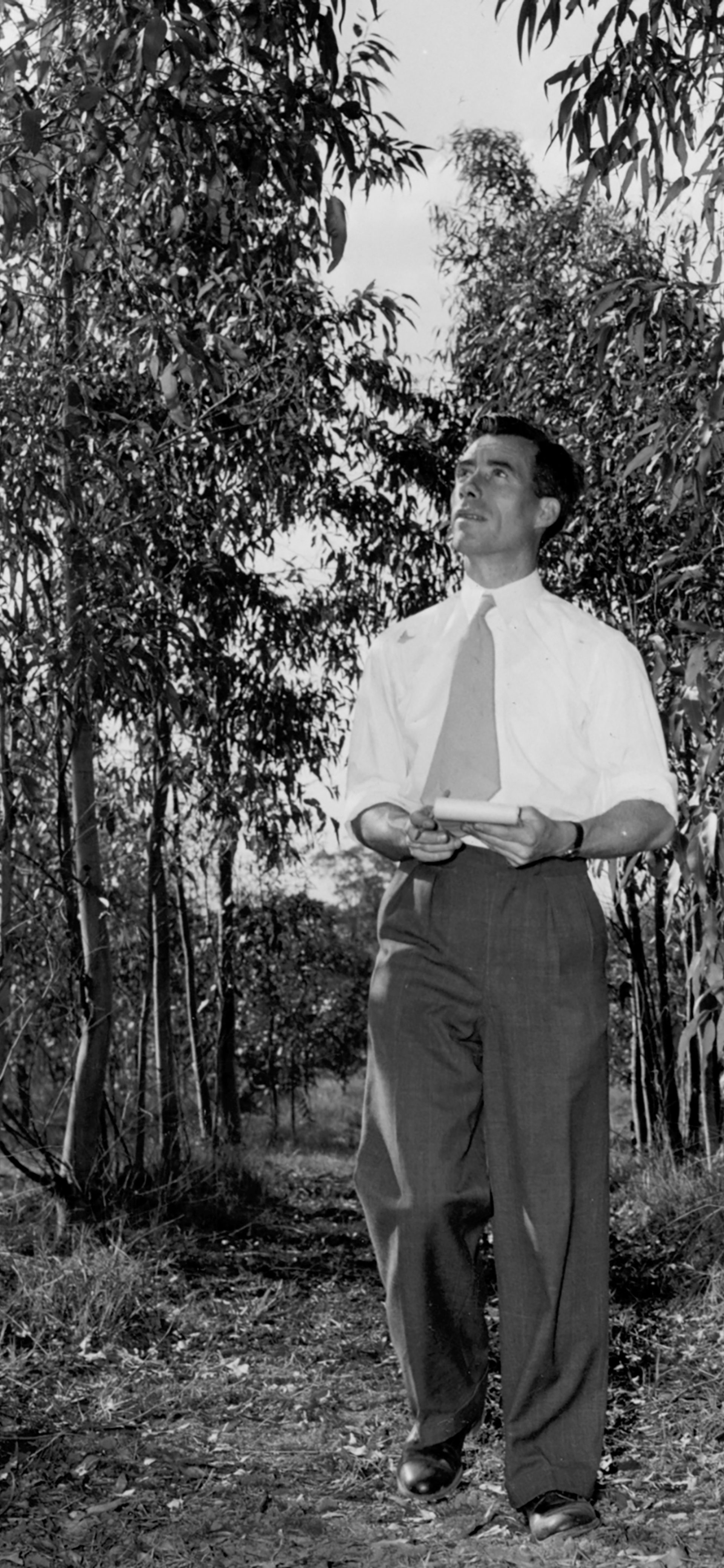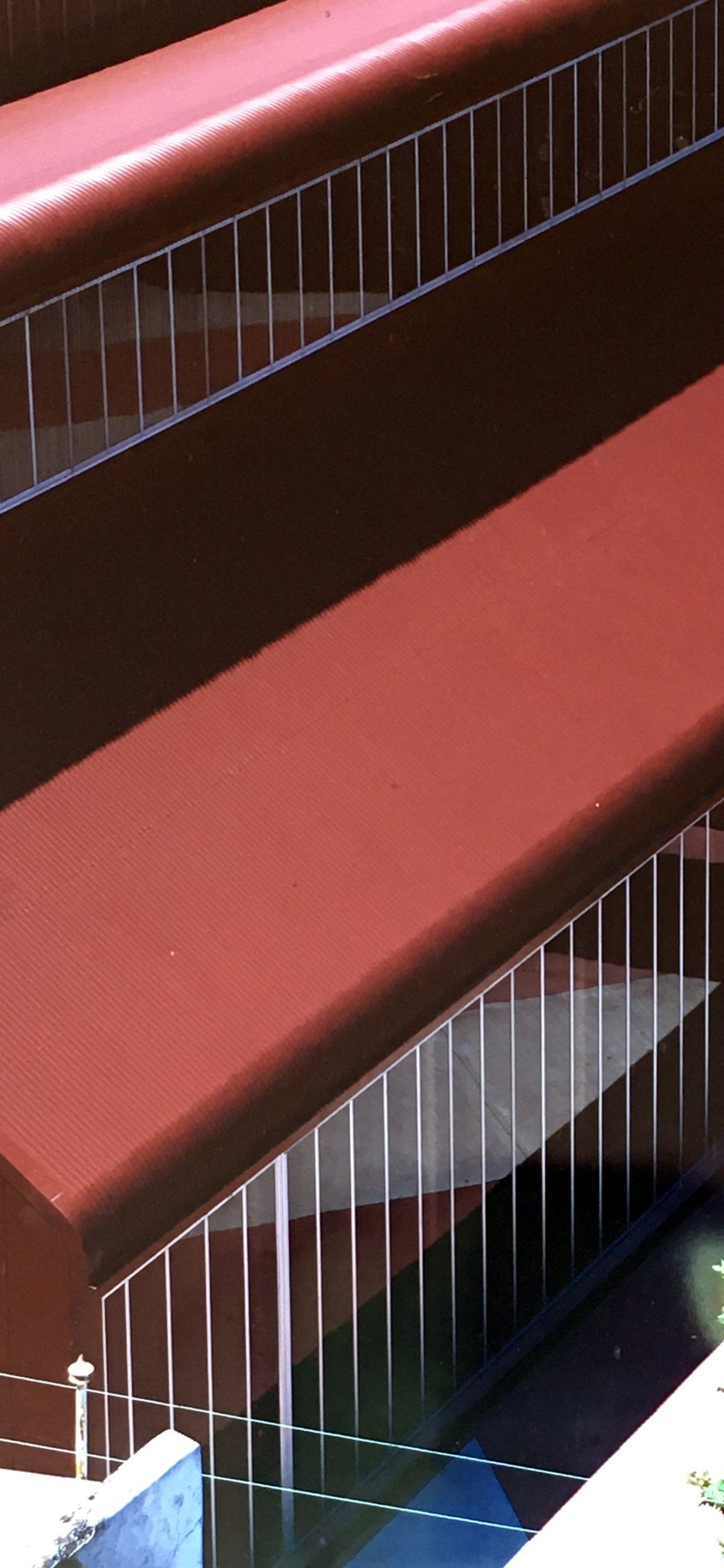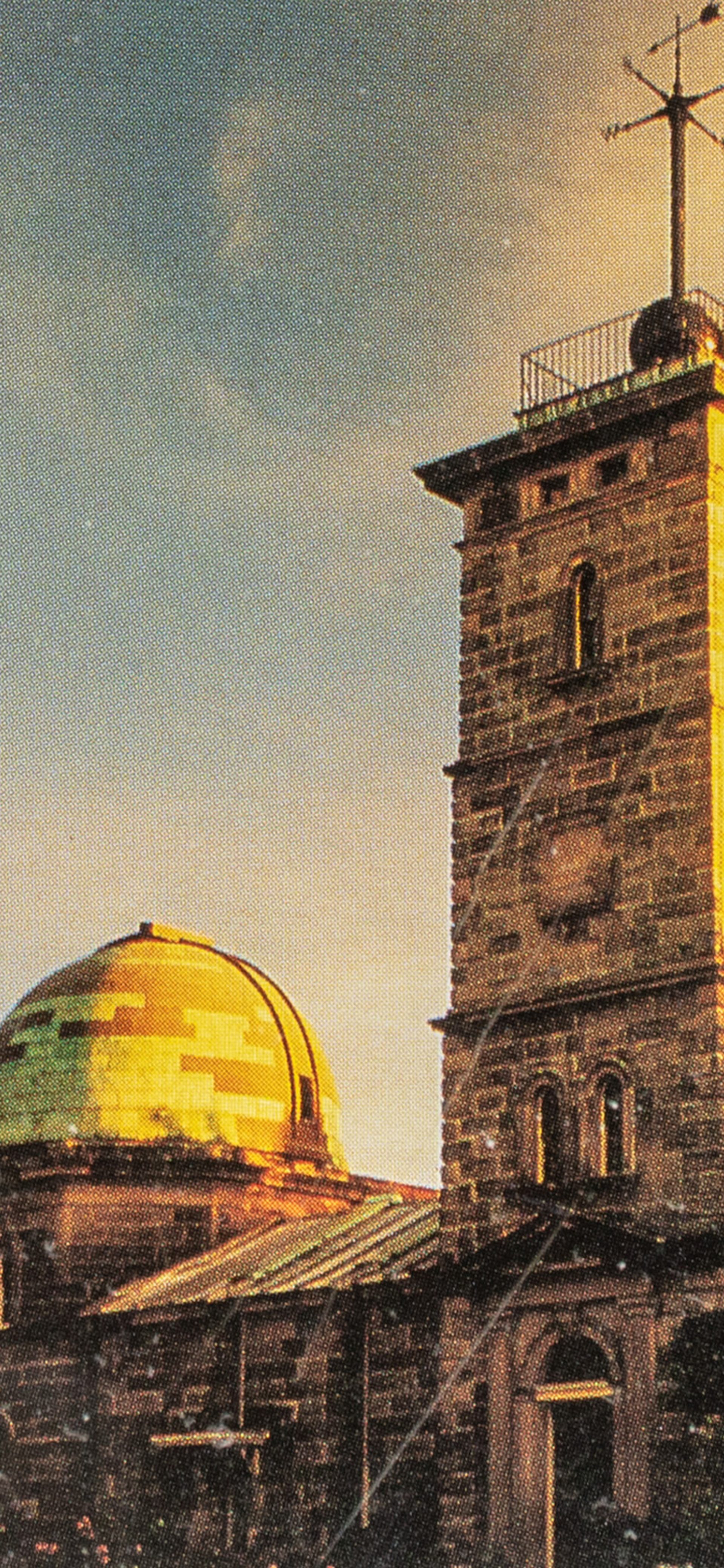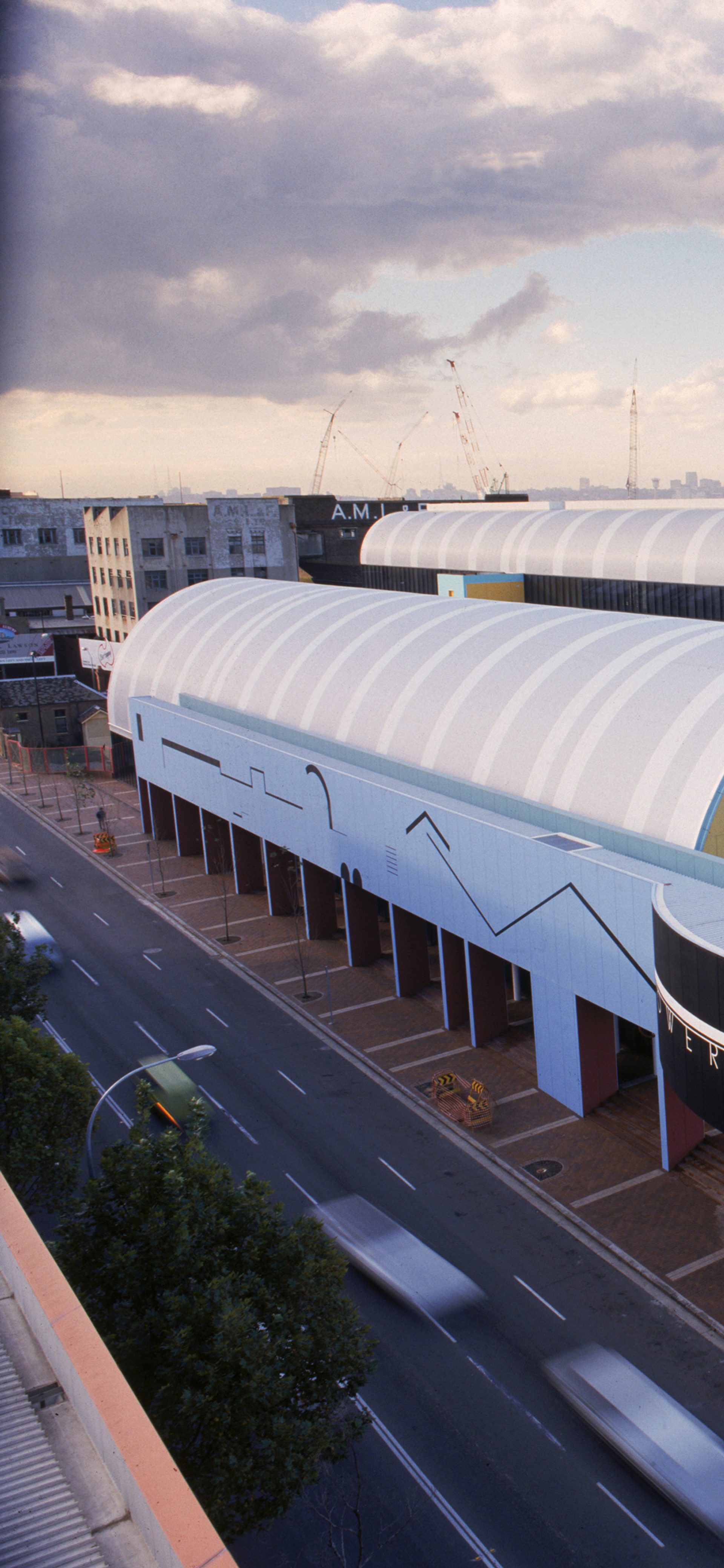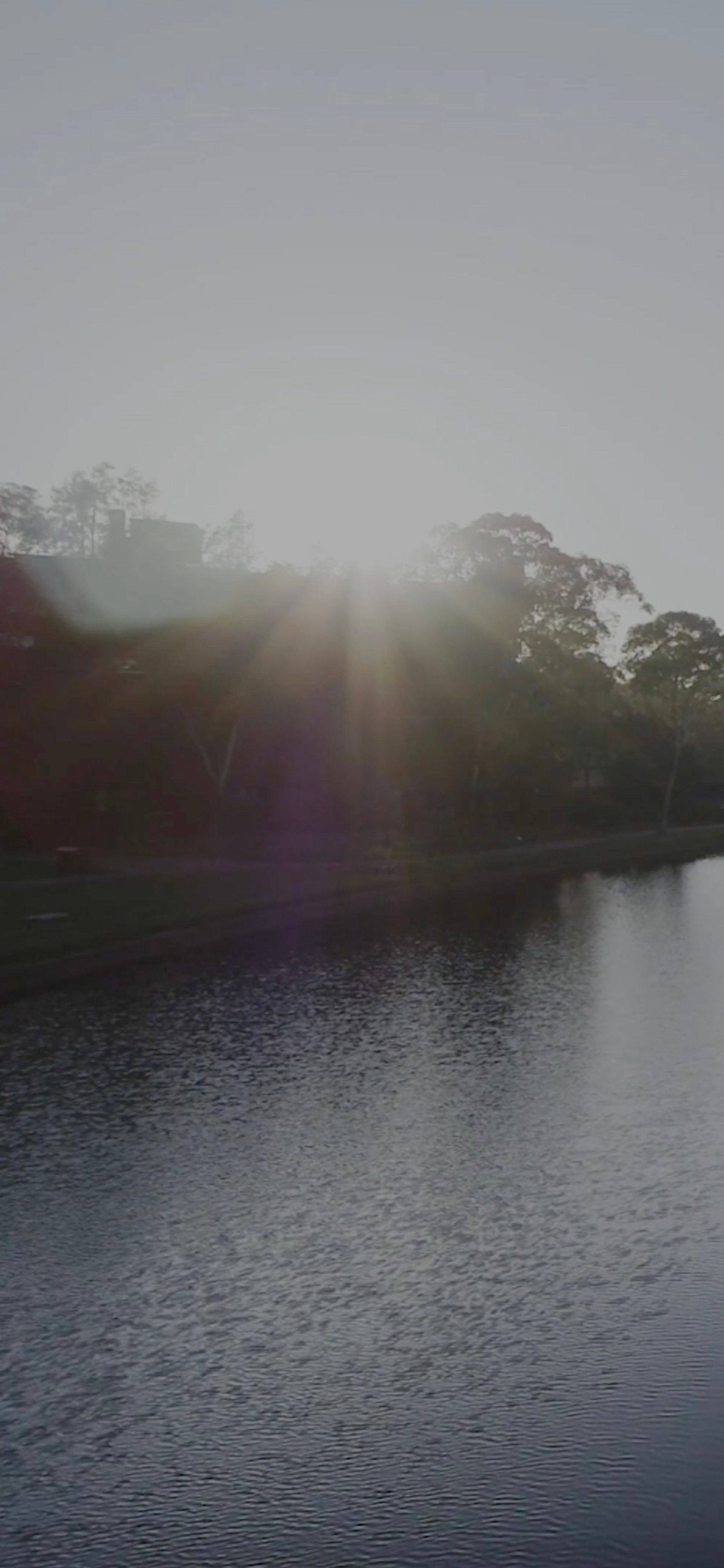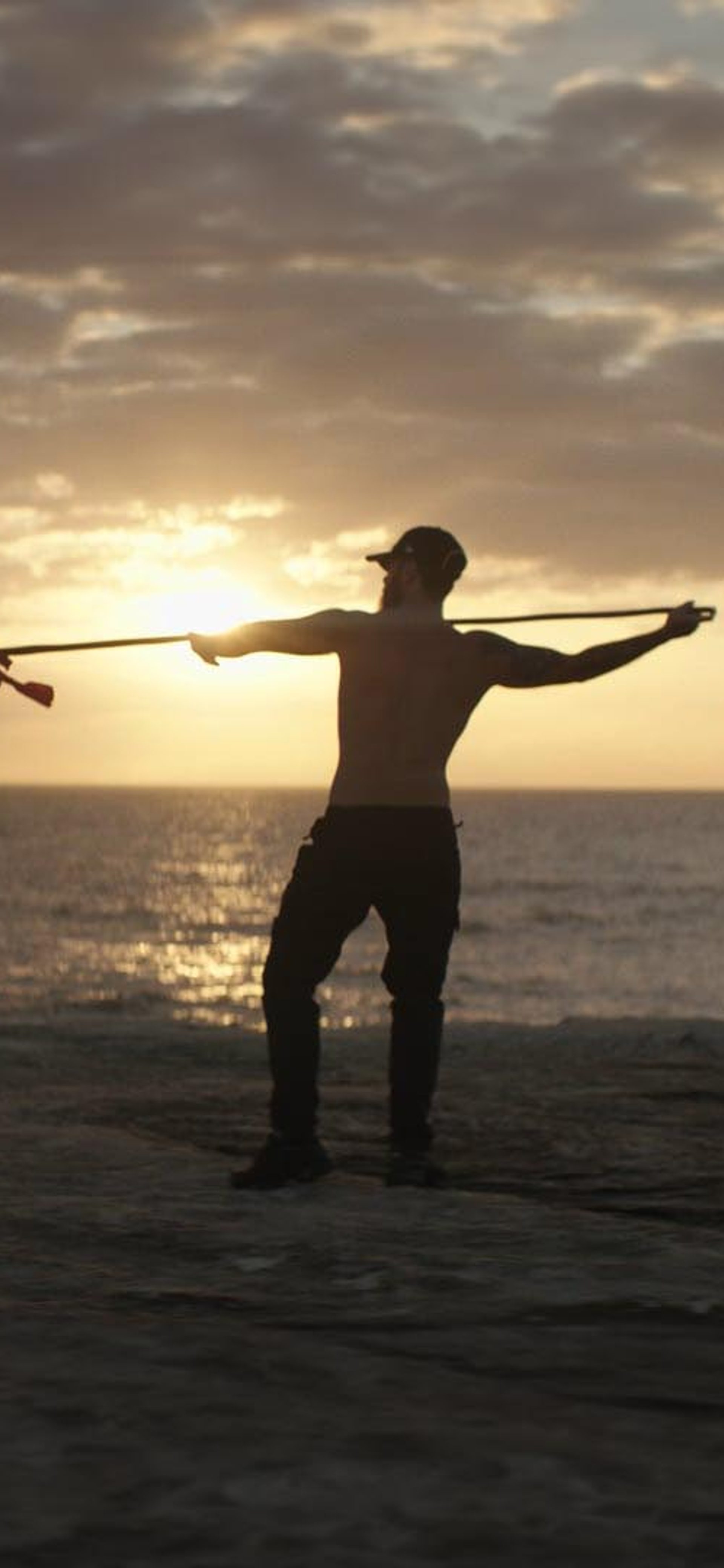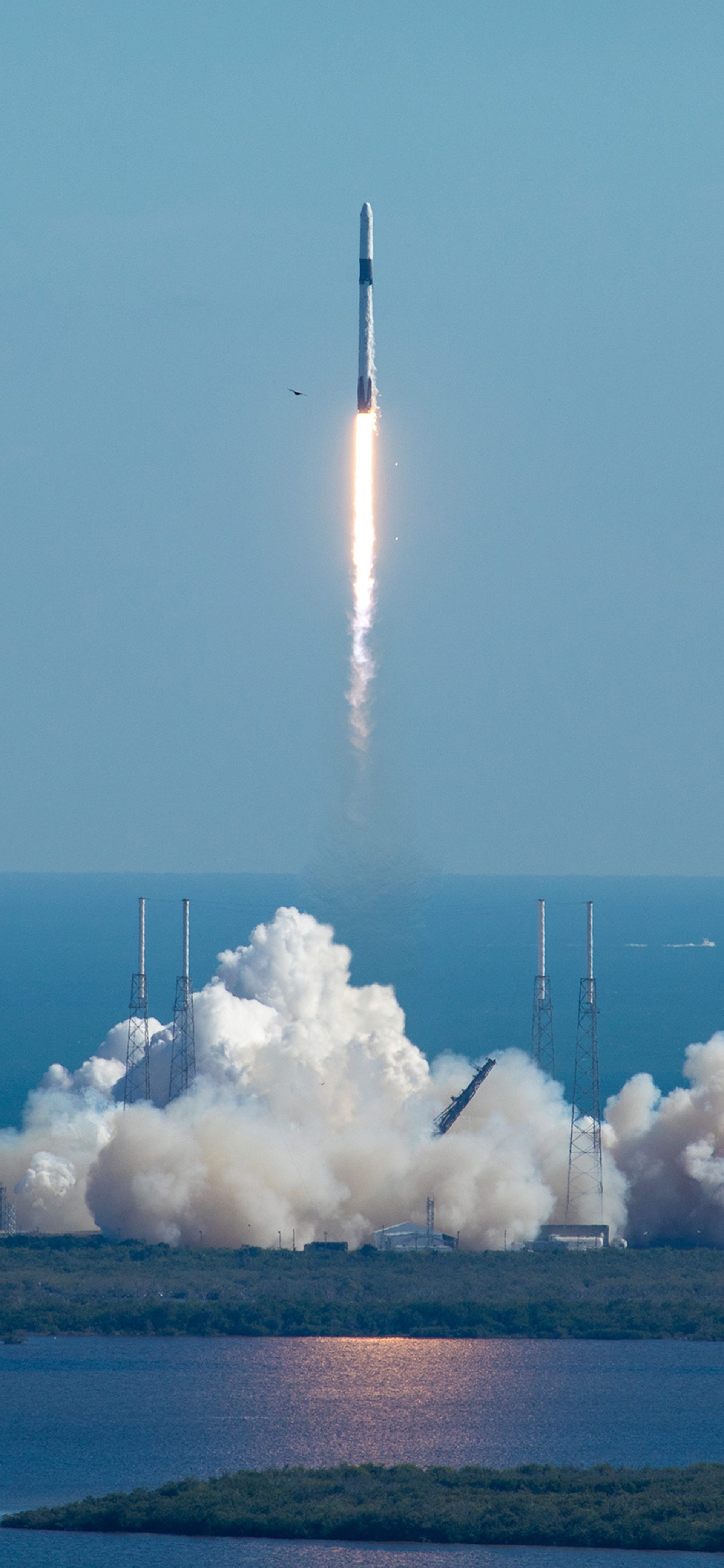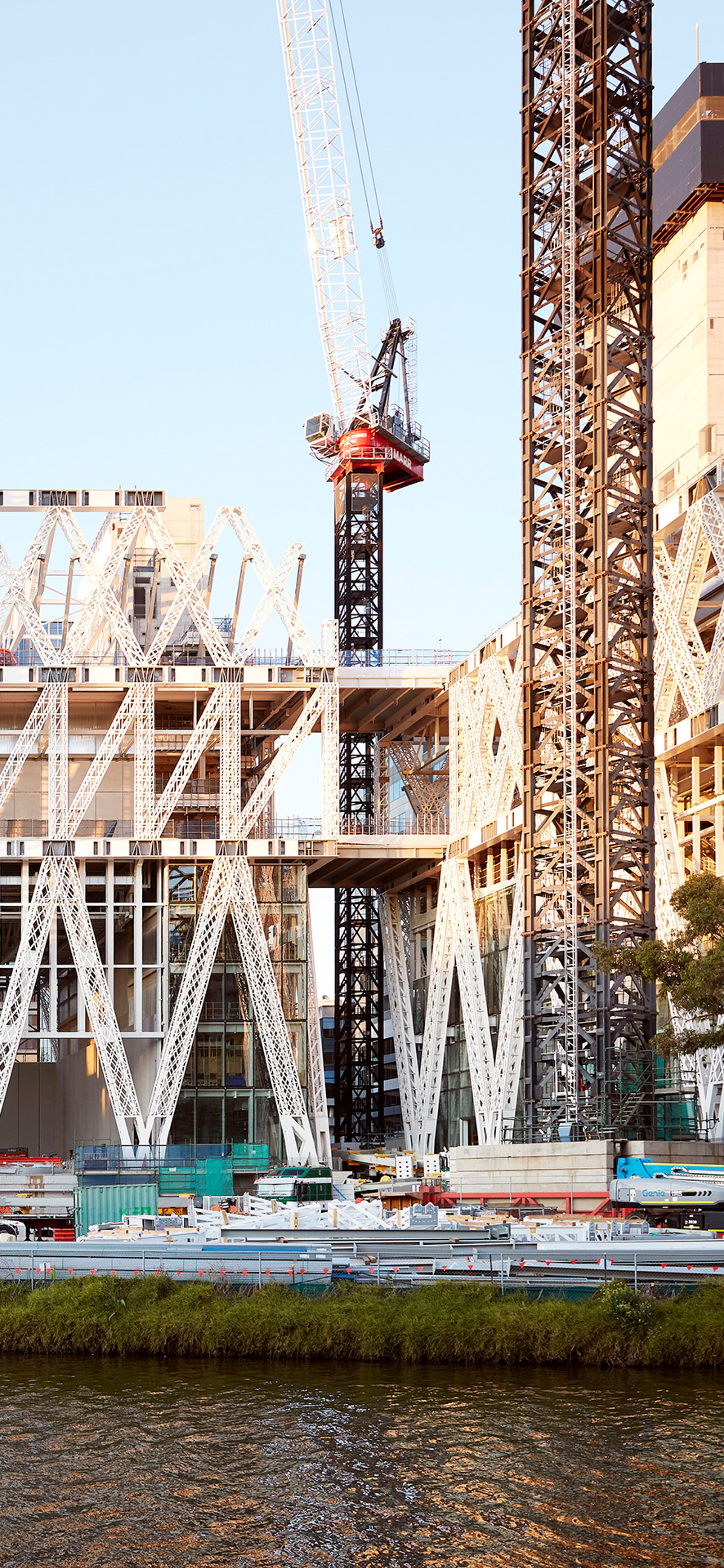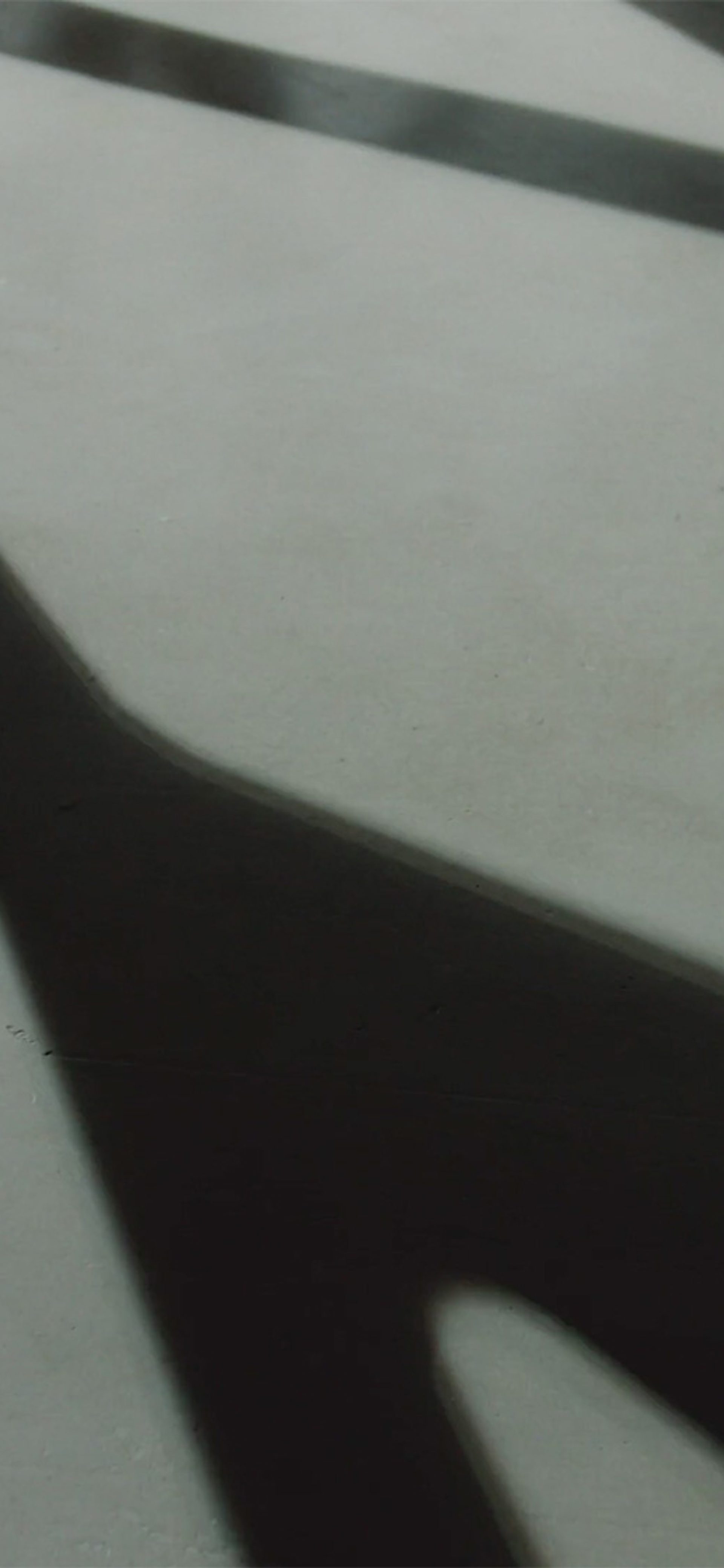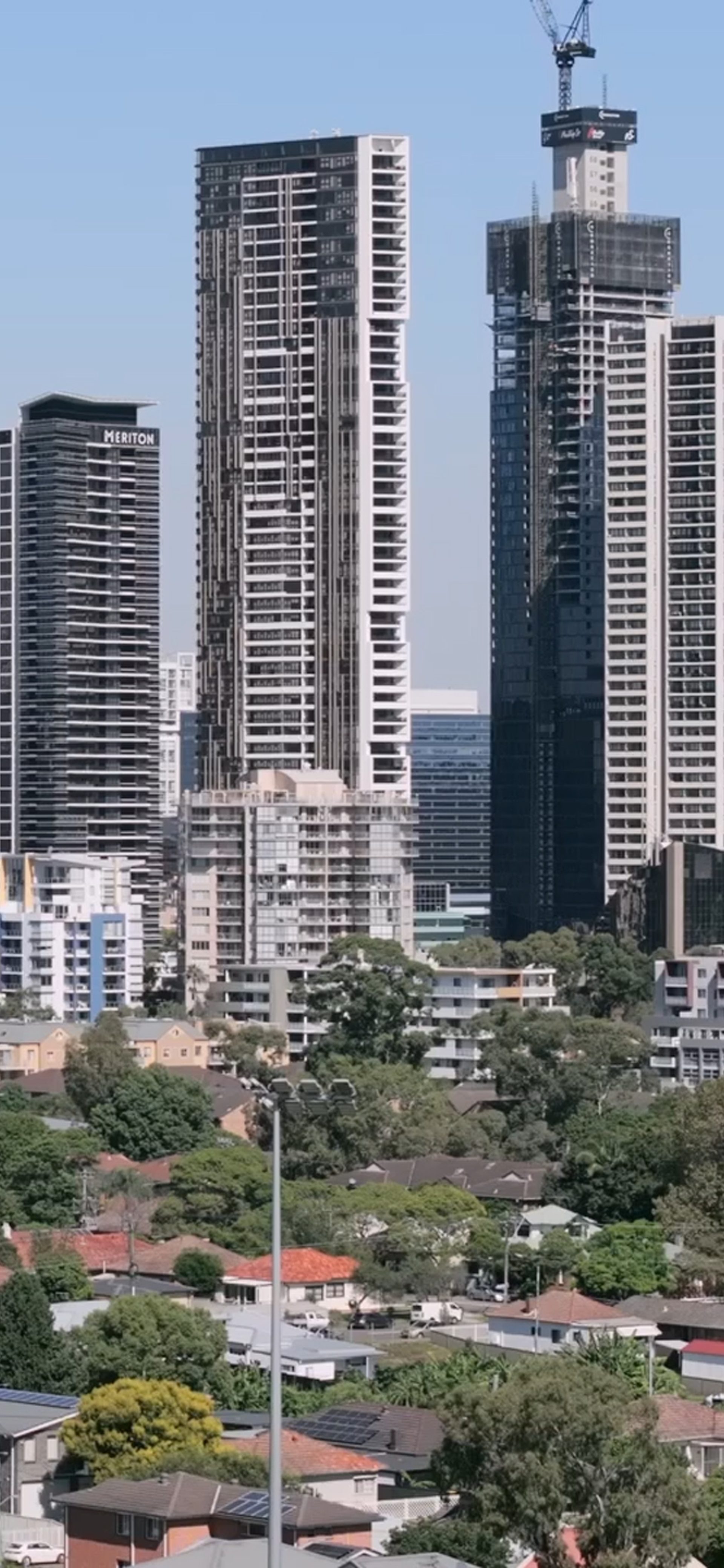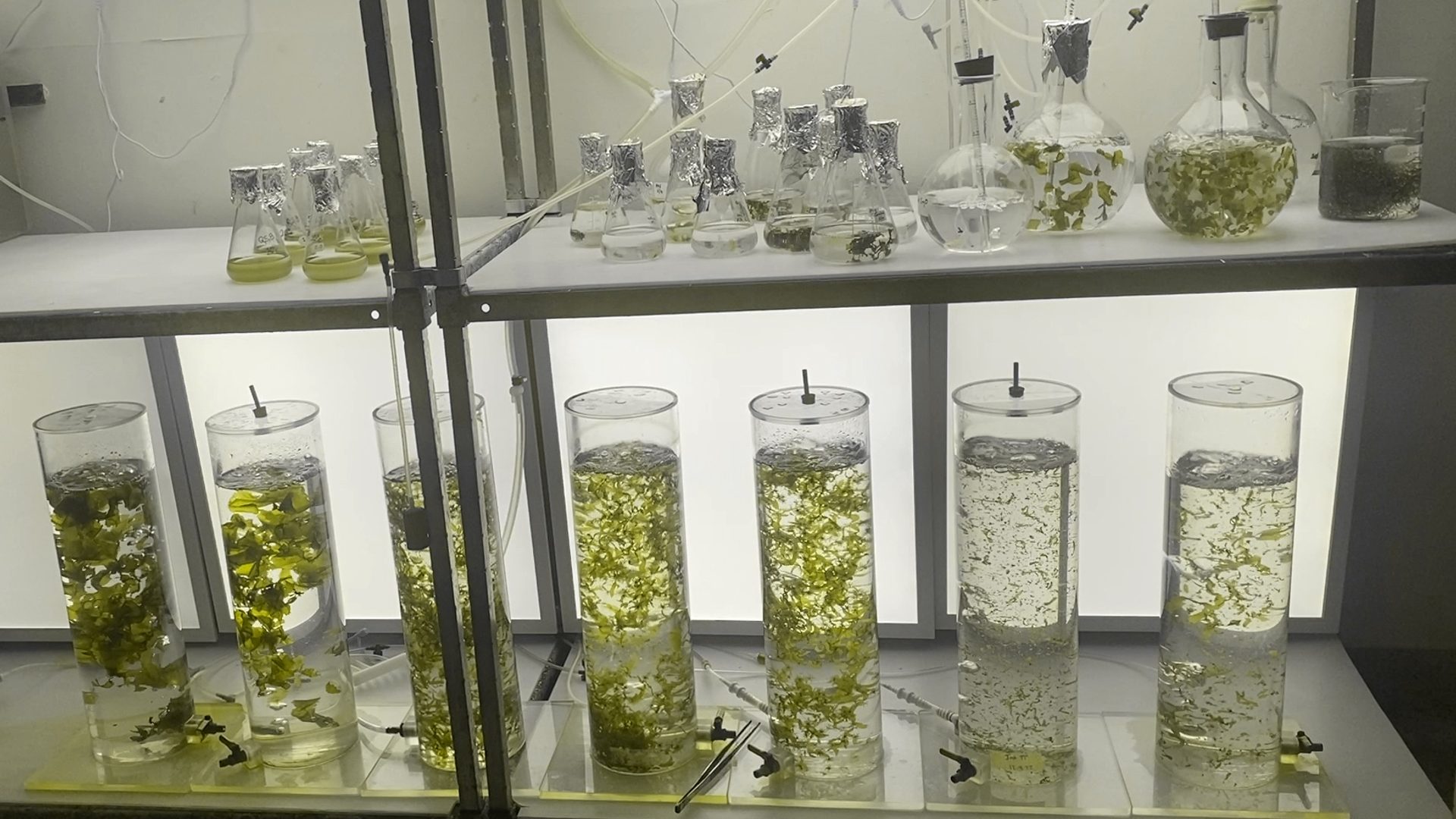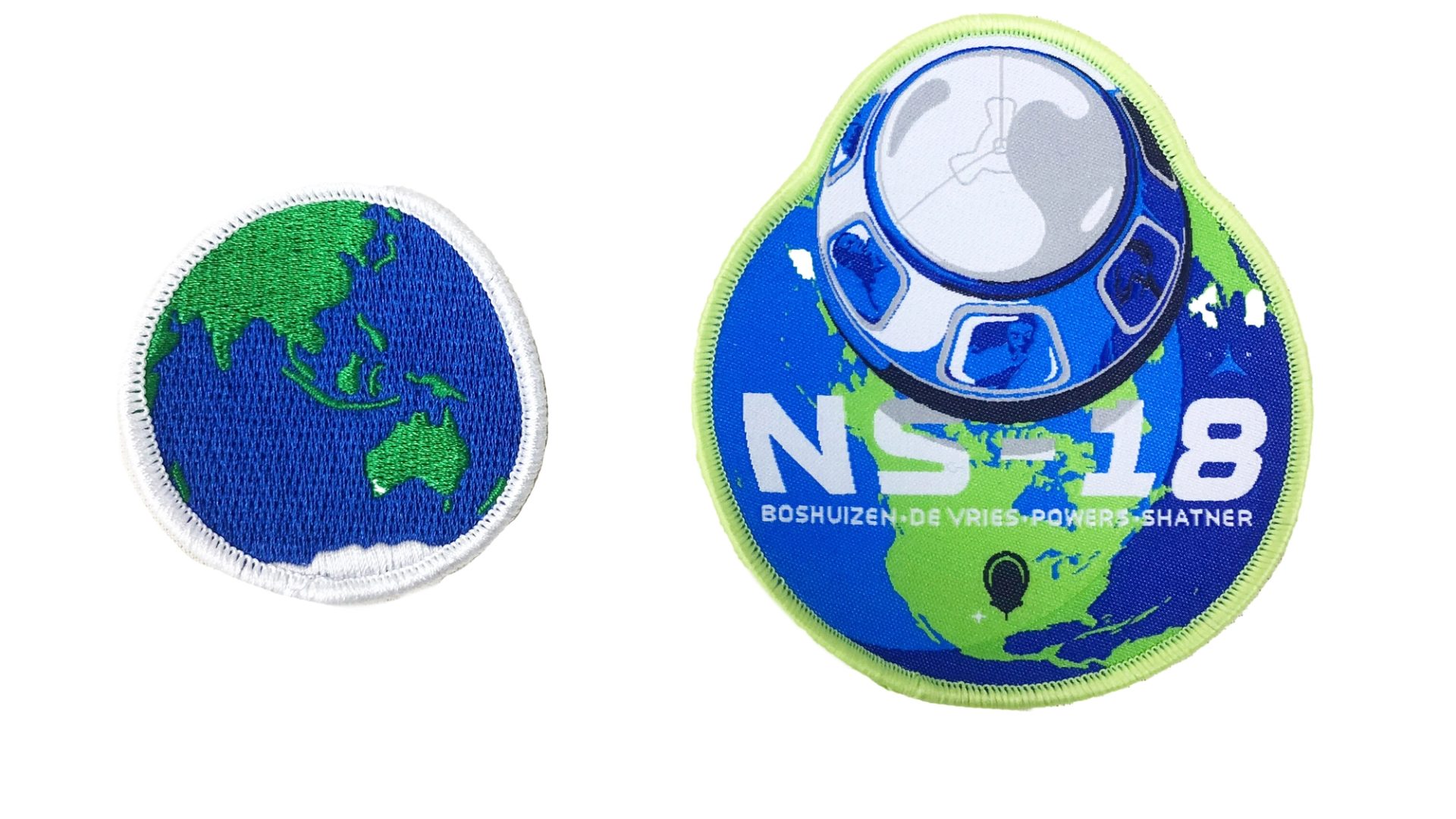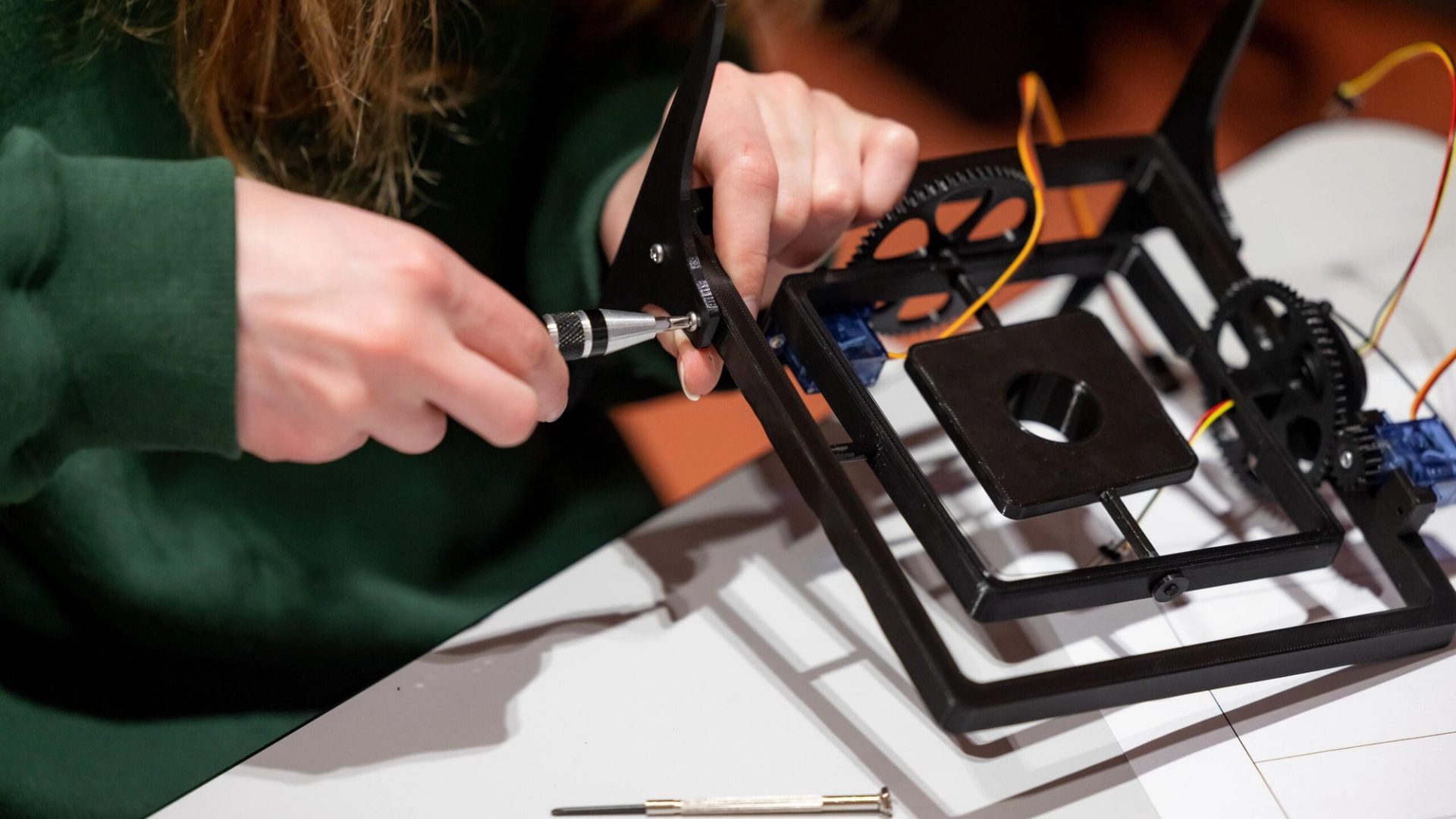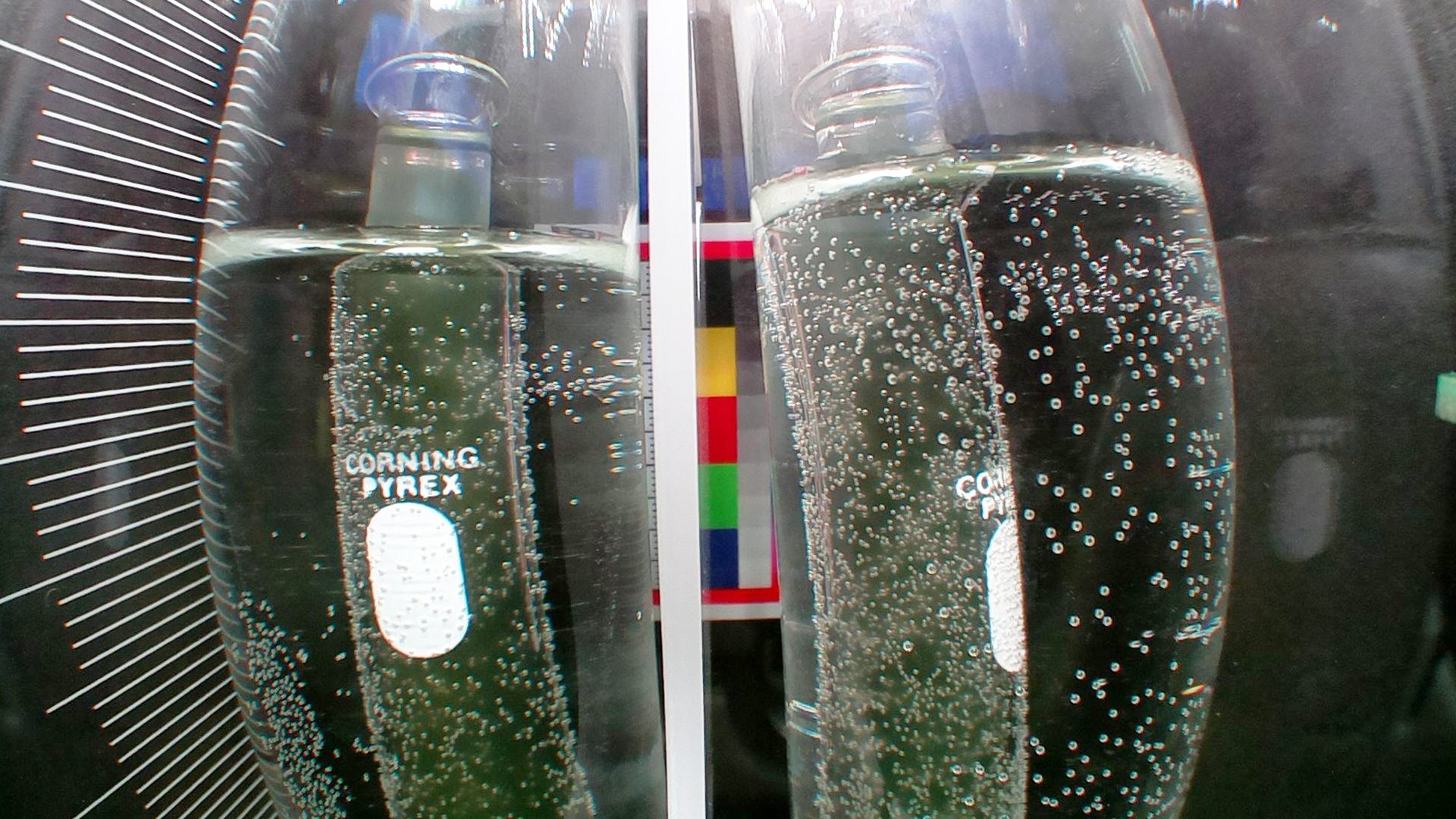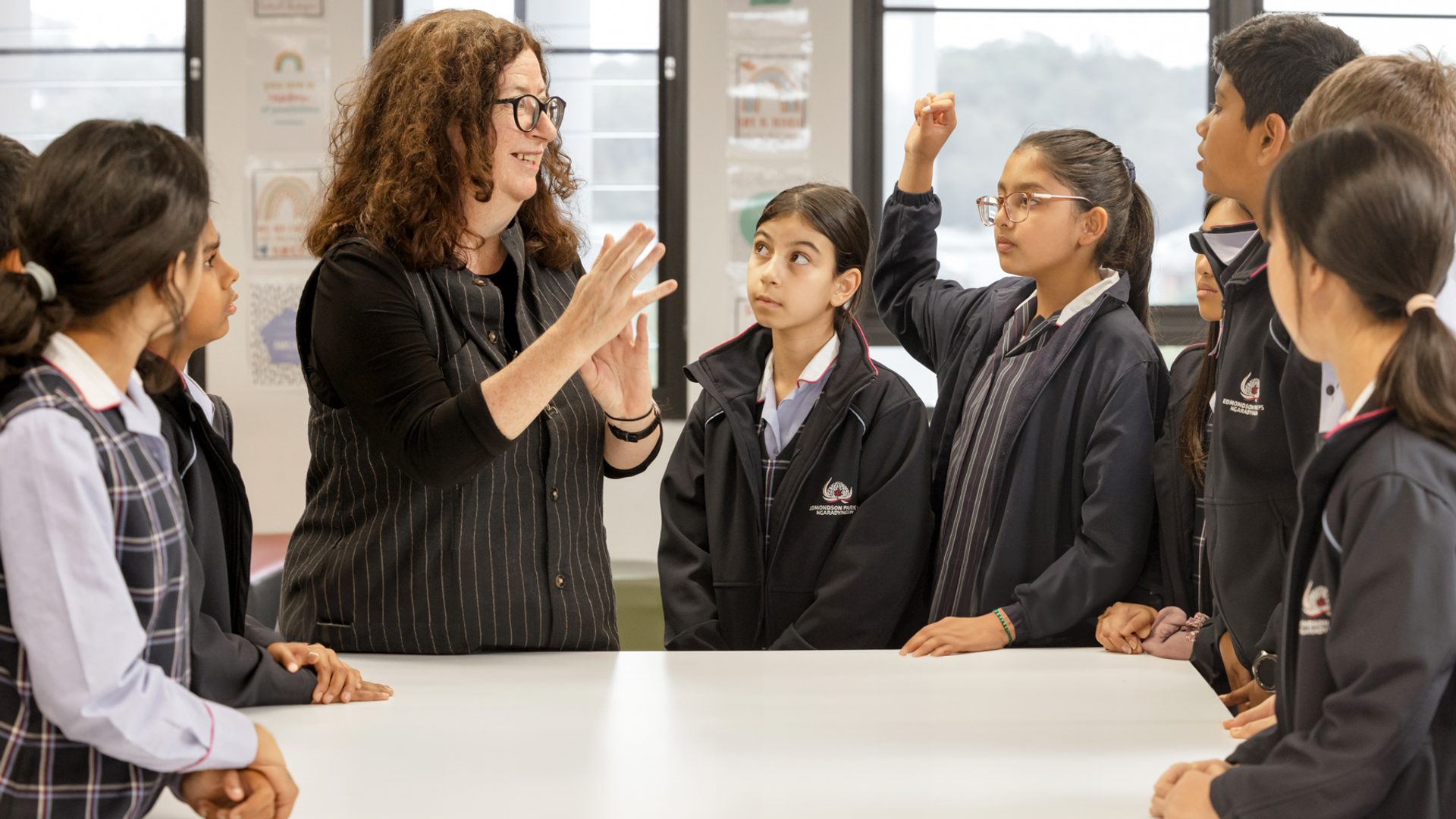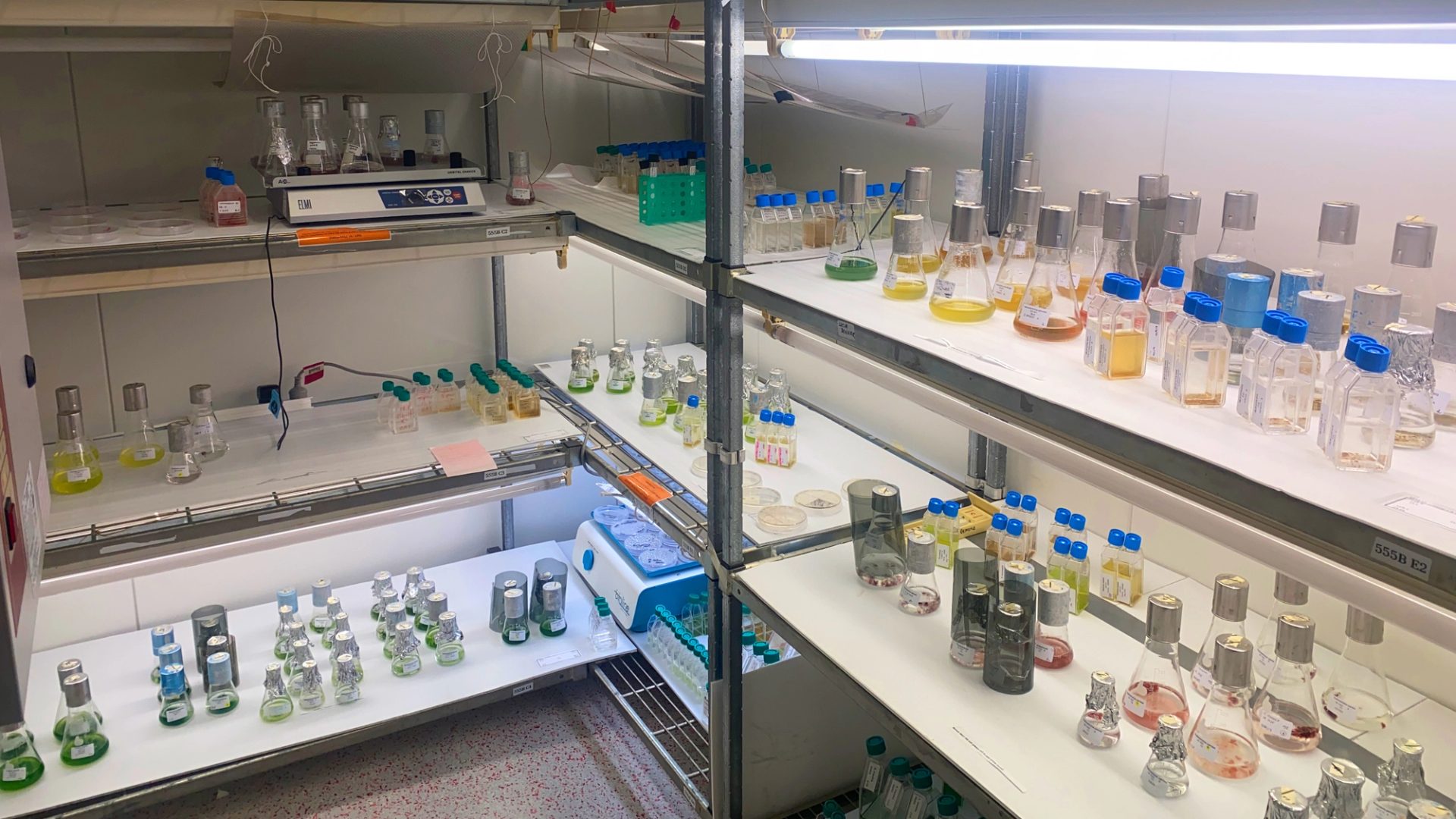Powerhouse-1 Space Mission
We are going to space! In November we will launch our student-designed experiment to the ISS to measure the impact of microgravity on the growth of algae. We need your help to fulfil these challenges.
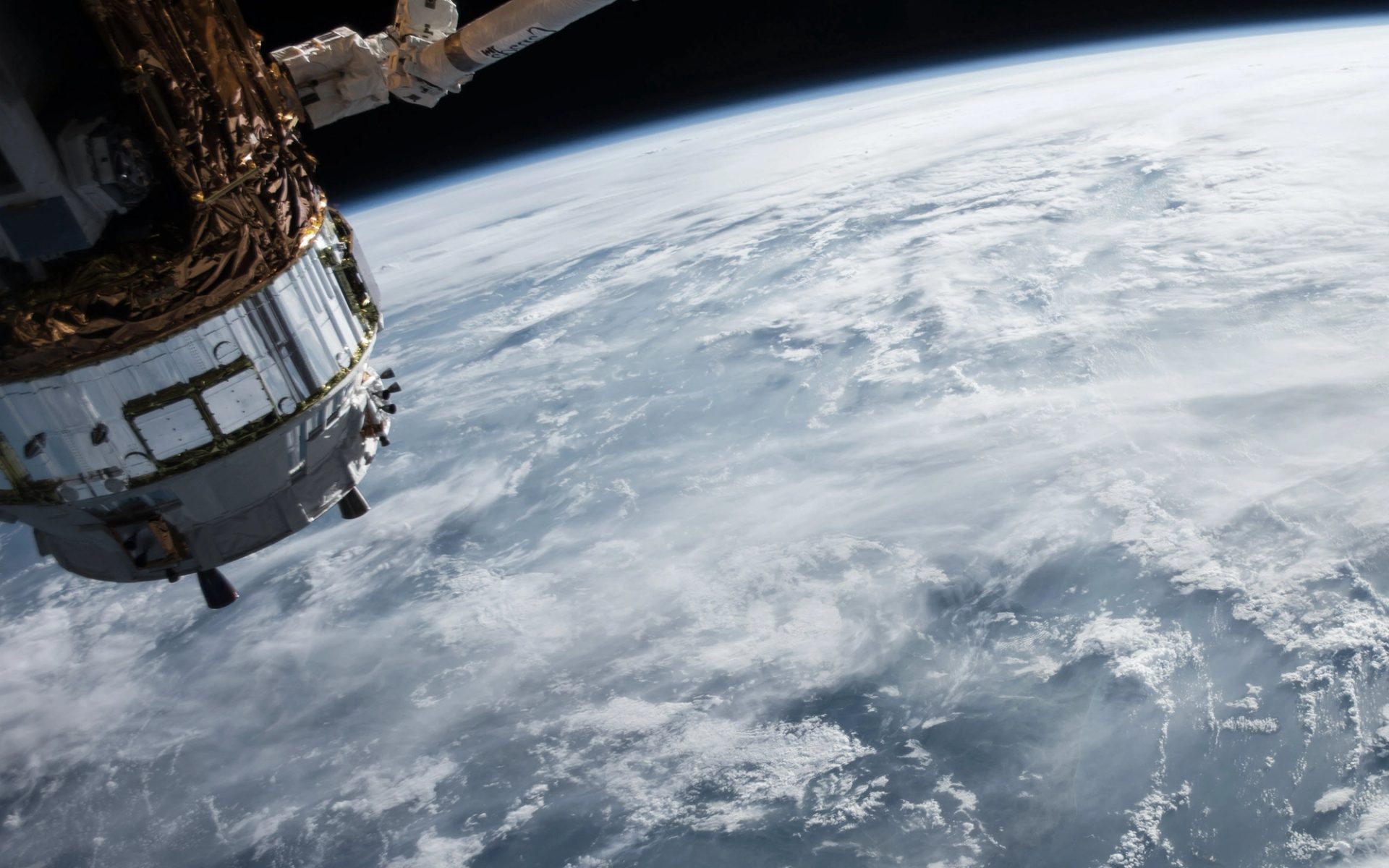
In 2024, your school will contribute to this experiment by submitting your responses to each challenge and take part in face-to-face events. Your challenges for the year include:
Growth responses of Chlorella vulgaris to microgravity
Powerhouse-1: Growth Responses of Chlorella vulgaris to Microgravity and Their Implications for Bioregenerative Life Support
HOW DID WE GET HERE?
In 2022, students from six participating schools conducted the ground trials for an experiment that was flown to the ISS to investigate the growth of alfalfa and barrel clover in microgravity. Students then observed the growth of the seeds in space at the same time as seeds in their classroom using an Exolab.
In 2023, students designed and pitched their own microgravity experiments to space industry professionals in August. One experiment pitched by a team of students from Casula High School was selected. The aim is to find if algae will grow faster in microgravity than on Earth. Students began initial ground trials to grow one species of algae in their classrooms using UTS BioTech Hub algae.
In 2024, student designed a real space mission to the International Space Station. They refined the experiment by conducting ground trials and finalising the design with guidance from industry professionals. Their work included determining factors like algae species and seed density, while also enhancing teamwork, communication, and problem-solving skills. On 5 November 2024 (4 November in Florida), they sent Chlorella vulgaris into orbit aboard the inaugural Powerhouse-1 space mission to the International Space Station.
In 2025, Powerhouse brought the flown experiment to schools and discussed the results. This findings of the experiment are discussed in this paper, compiled by Academy Intern, Eliott Giberne with support from Breanna Osborne and Mikael Kim from the University of Technology Sydney Climate Change Cluster.
